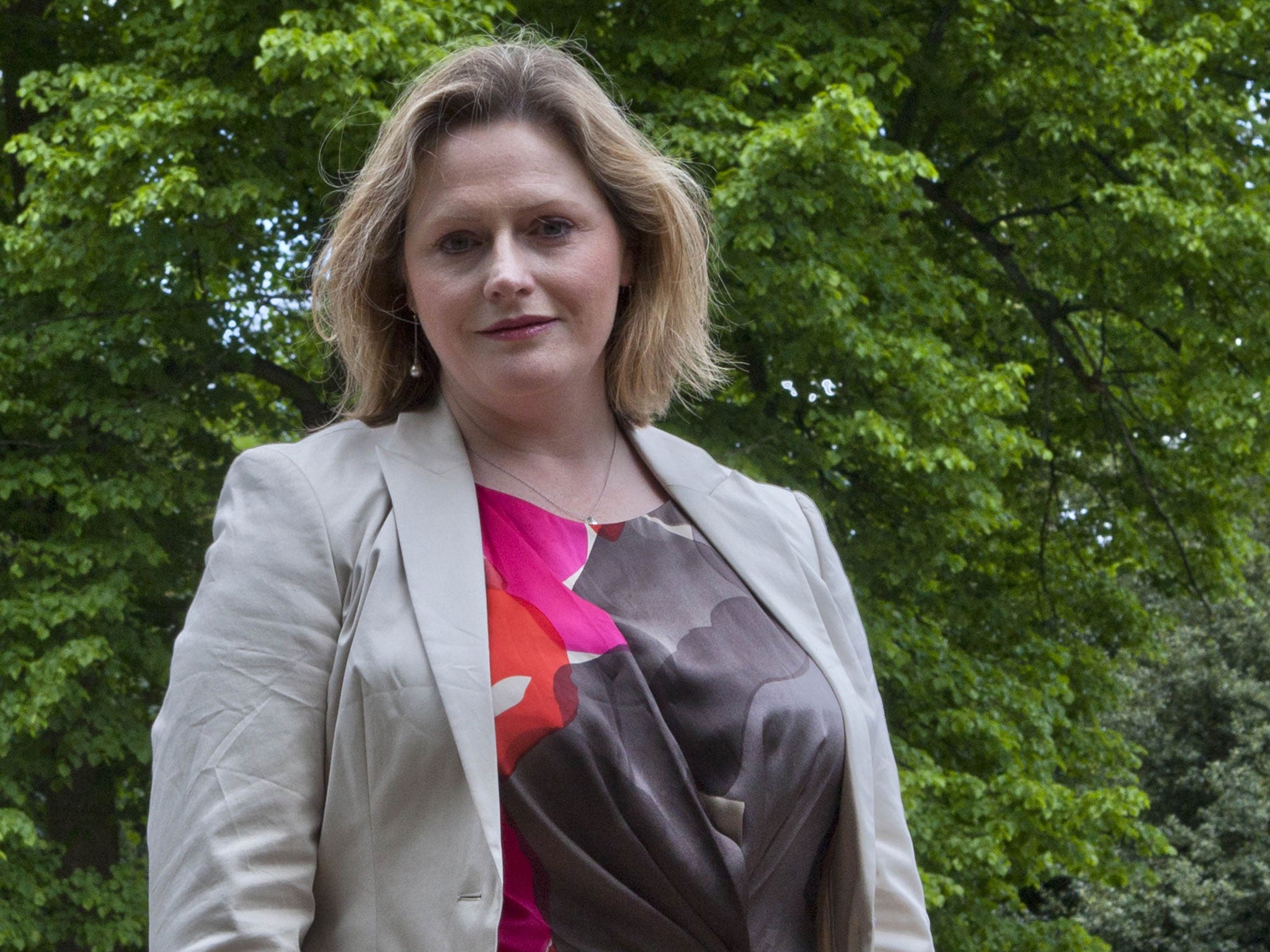At last – equality in the aristocracy: After a change in royal succession rules, blue-blood daughters' hopes are up

Your support helps us to tell the story
From reproductive rights to climate change to Big Tech, The Independent is on the ground when the story is developing. Whether it's investigating the financials of Elon Musk's pro-Trump PAC or producing our latest documentary, 'The A Word', which shines a light on the American women fighting for reproductive rights, we know how important it is to parse out the facts from the messaging.
At such a critical moment in US history, we need reporters on the ground. Your donation allows us to keep sending journalists to speak to both sides of the story.
The Independent is trusted by Americans across the entire political spectrum. And unlike many other quality news outlets, we choose not to lock Americans out of our reporting and analysis with paywalls. We believe quality journalism should be available to everyone, paid for by those who can afford it.
Your support makes all the difference.Controversial proposals to allow first-born girls to inherit aristocratic titles look likely to be given the green light after senior cabinet sources indicated the move would not be opposed by the Government.
Changes to the Royal Family's line of succession, which would have meant that a girl born to the Duke and Duchess of Cambridge would be a future queen even if their second-born child was a boy, prompted a campaign, first highlighted last year by The Independent on Sunday, to give similar rights to women in the wider peerage.
Despite the Duchess of Cambridge giving birth to a boy, Prince George, last week, campaigners said they would continue fighting for gender equality in the aristocracy. And now The IoS understands that a Bill being introduced by the Conservative MP Mary Macleod, an aide to the Equalities minister, Maria Miller, to be debated in the autumn, will not be blocked by Downing Street. If that fails to pass through Parliament, a change to succession rules in the aristocracy could instead be introduced in a wider Equalities Bill, said sources.
The controversy over women's inheritance rights has split the aristocracy, with some warning against interfering with centuries of tradition. But others point out that a change would help preserve traditional titles, which die out if no male heir is available even when there are daughters.
The matter is one that affects the Prime Minister personally. His wife's stepfather, Viscount Astor, has three children, the oldest of whom is a daughter, Flora. Currently, she will not inherit the title, which will pass to her younger brother, the Honourable William Astor. Friends of the Astors say the proposed changes have been discussed within the family, with Viscount Astor taking a close interest in the Bill. It is understood he has raised the issue with David Cameron. While the viscount is understood to be in favour of the status quo, Flora would like to see a change.
The campaign group set up by daughters of counts, earls and viscounts called themselves "The Hares" after the Tory peer Lord Trefgarne warned that the royal succession Bill would "set the hares running" in the wider aristocracy.
The Succession to the Crown Act, which was passed earlier this year, is yet to be approved by all Commonwealth countries.
Lady Liza Campbell, who is among those running the campaign for equality, said: "Kate's pregnancy and the Succession to the Crown Act provided us with a rare platform to point out that the peerage and the baronetcy need similar reform.
"We very much hope that this issue will not sink back into the political shadows for another generation because of the birth of one boy. David Cameron has spoken out against Muirfield being a men-only club hosting The Open, so we are encouraged that he will support our cause, since we represent thousands of women who find themselves born into a 'club' that refuses them full membership."
Viscount Astor is a former whip in the House of Lords. Samantha Cameron's mother, Annabel, married him in 1976, after divorcing Samantha's father, Sir Reginald Sheffield, and has three children by him. Though Lord Astor can divide his estate how he chooses, his title must pass to a male heir by statute. This anomaly formed a crucial plot line in Downton Abbey, which returns for a new series in September.
Though the discrimination affects only about 1,000 women, campaigners say it has wider implications. "This is not a parochial issue restricted to one area of society," said the Countess of Clancarty. "Many middle-class families follow the lead of peers and baronets by leaving treasured homes, farms and family heirlooms to a son in preference to any daughter, regardless of birth order or suitability."
Join our commenting forum
Join thought-provoking conversations, follow other Independent readers and see their replies
Comments